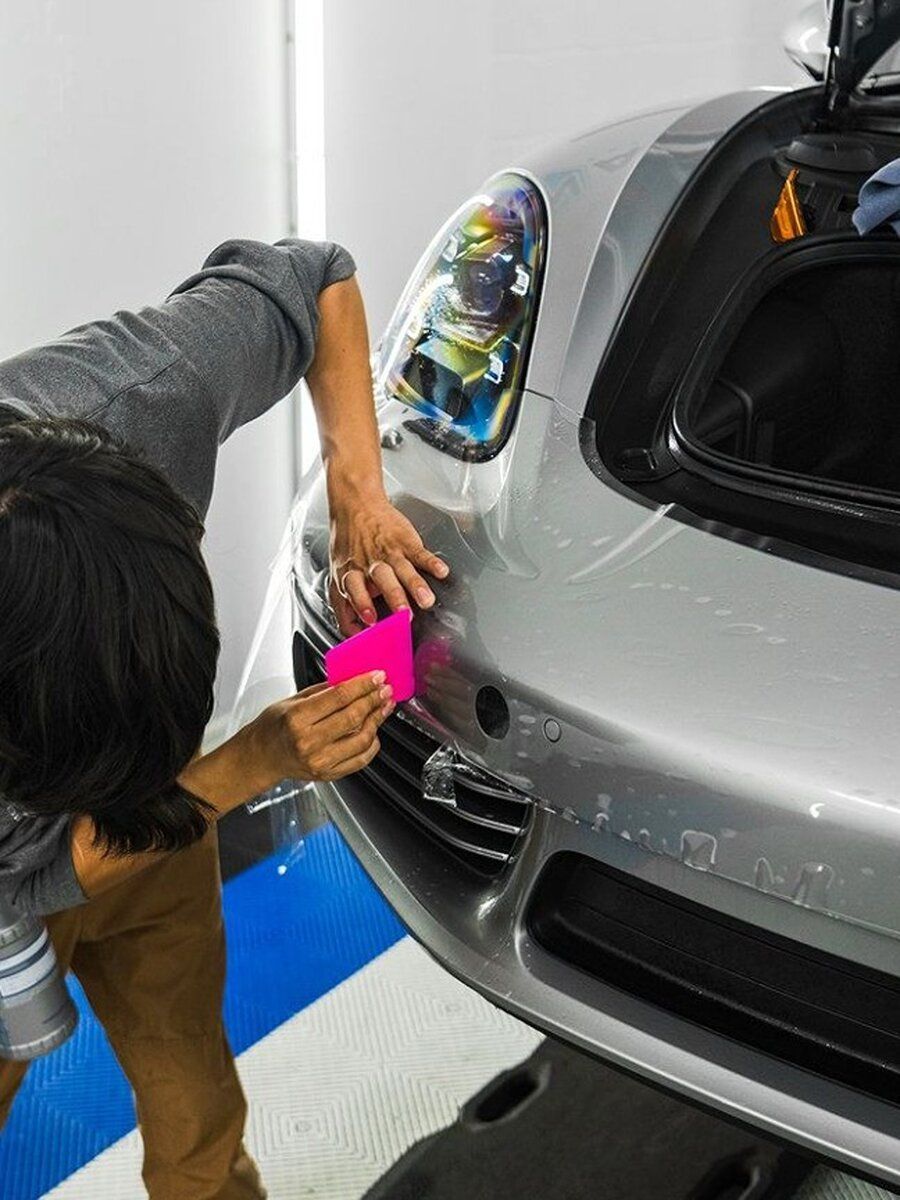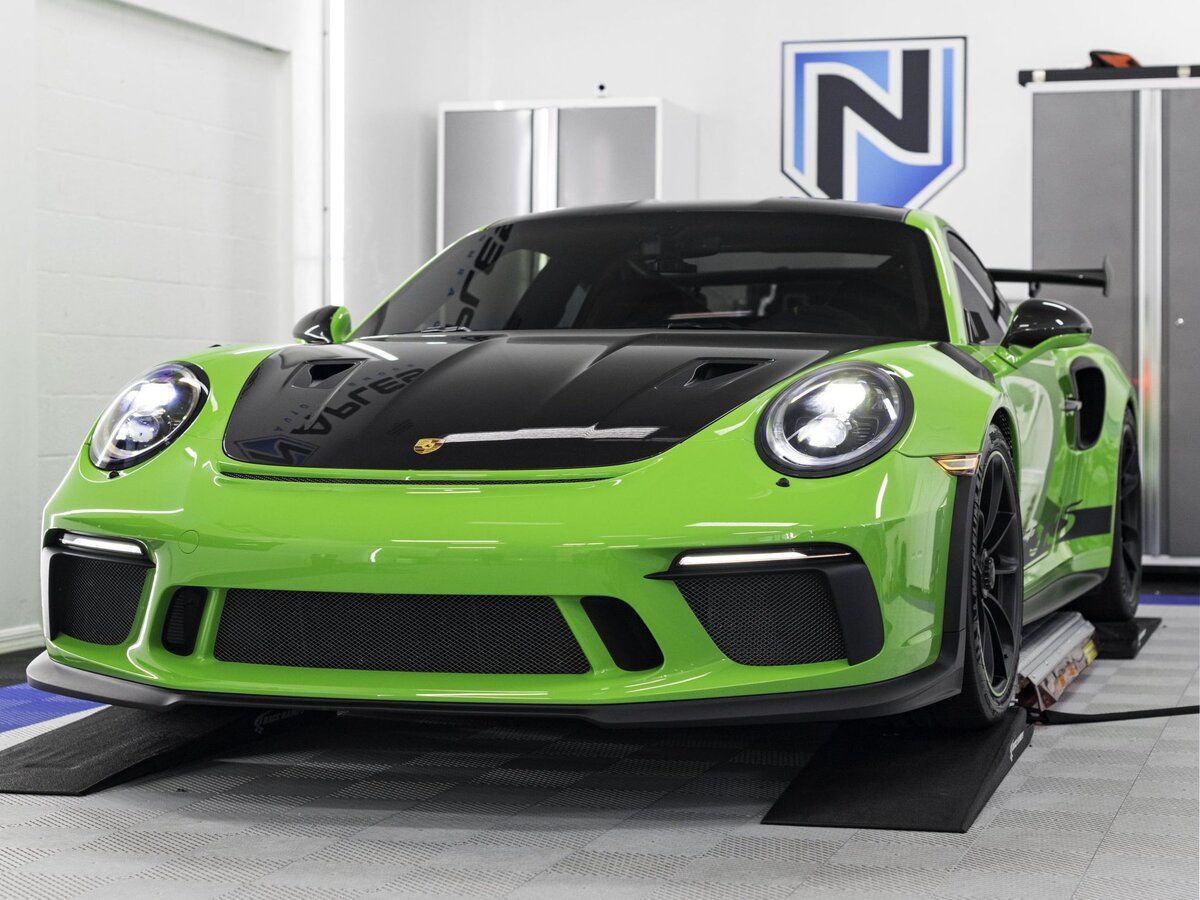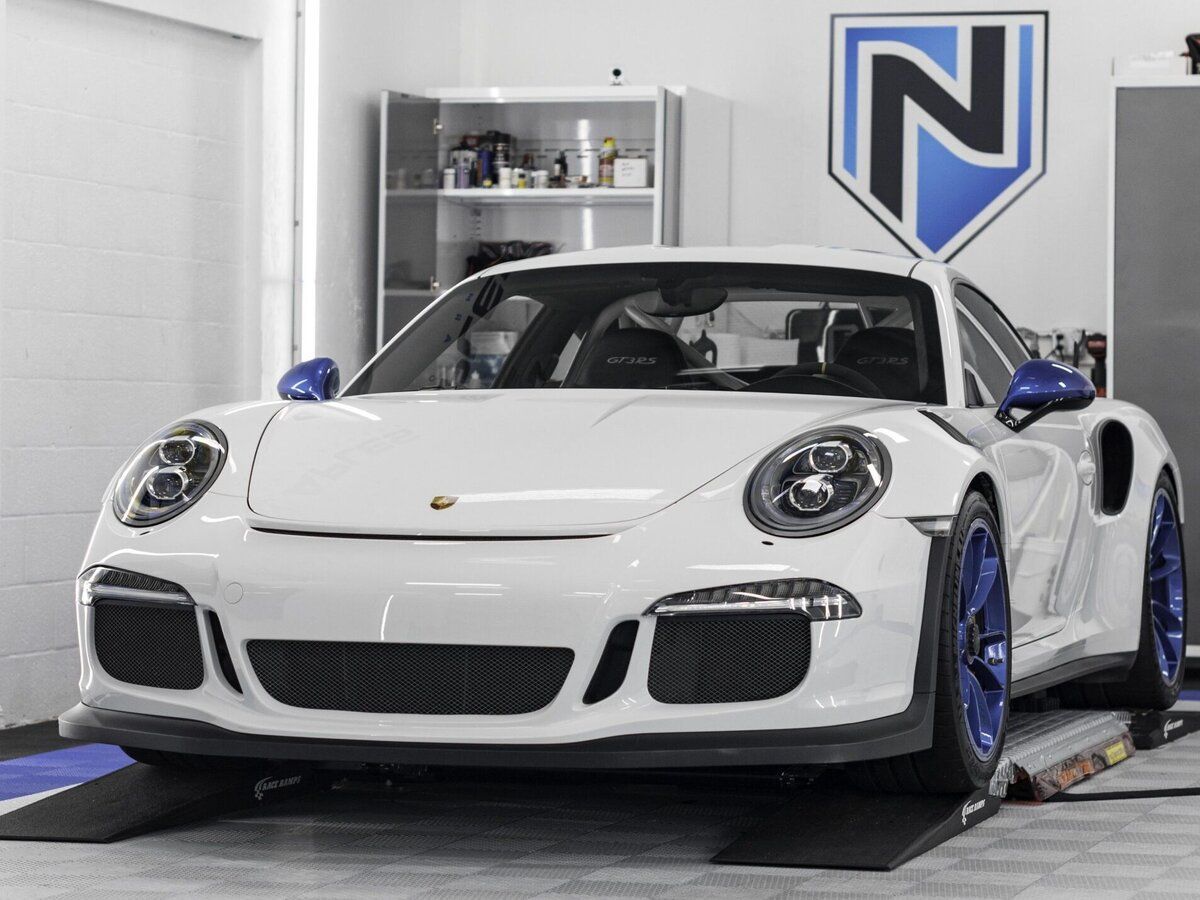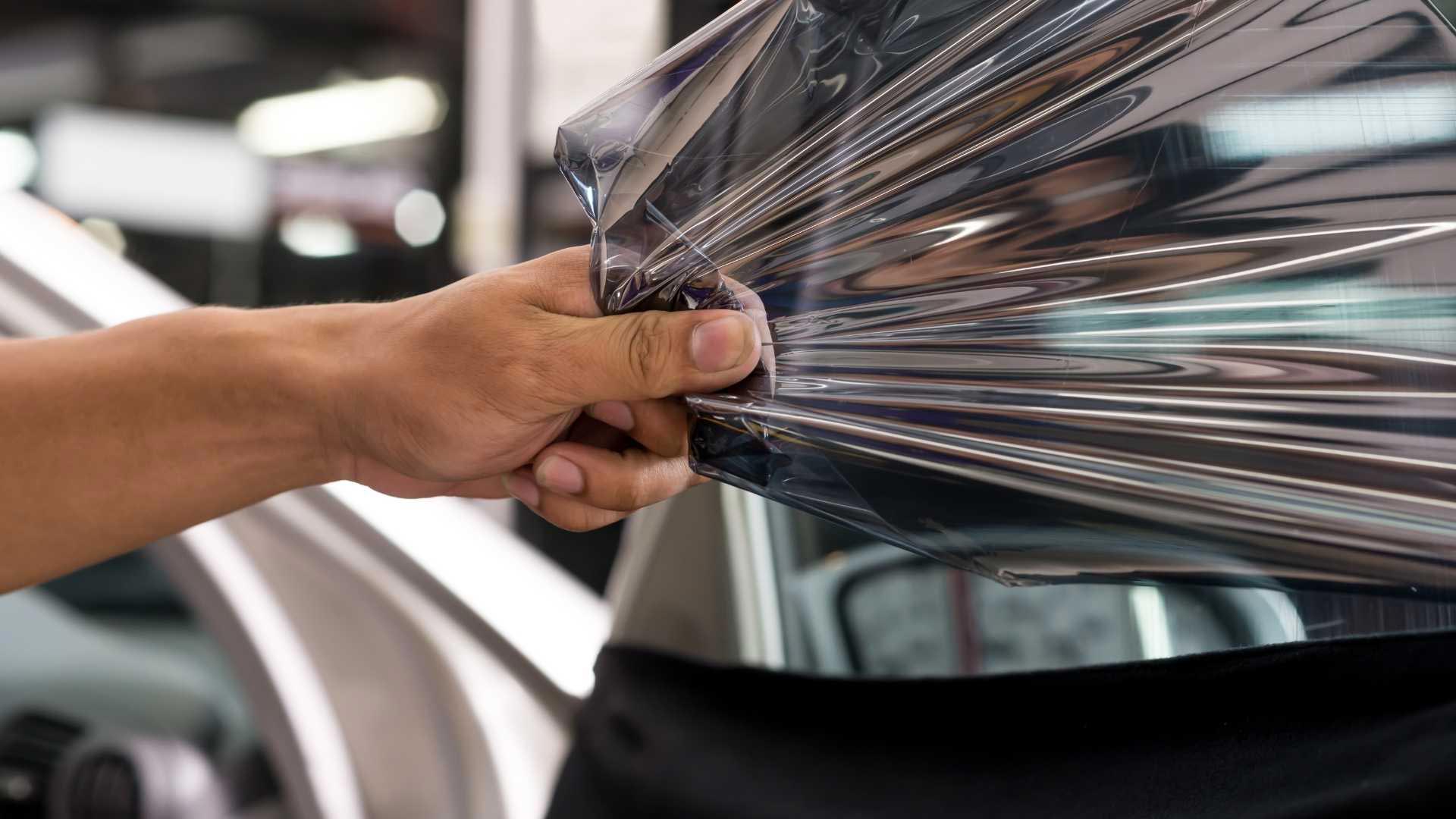Ceramic Coating Myths vs. Facts: The Truth Behind This Protective Finish
If you’ve ever considered giving your vehicle a shiny new layer of protection, you’ve probably heard of ceramic coatings. They’re often praised for their incredible gloss, hydrophobic properties, and long-lasting protection. However, with popularity comes misinformation, and ceramic coatings are surrounded by plenty of myths that can confuse car owners. Some believe they make cars scratch-proof or maintenance-free, while others think they can apply one at home and get professional-level results. The truth lies somewhere in between.
In this guide, we’ll uncover the most common myths about
ceramic coatings, explain what they can and can’t do, and help you make an informed decision about protecting your vehicle. Whether you’re in Naples, Marco Island, or Fort Myers, understanding the reality of ceramic coatings will help you choose the right protection for Florida’s hot, humid, and UV-intense climate.
Debunking Common Myths About Ceramic Coating
One of the biggest misconceptions about ceramic coatings is that they are a one-time, permanent solution. Many car owners believe that once the coating is applied, their work is done forever. This couldn’t be further from the truth. Ceramic coatings are incredibly durable, but they are not indestructible.
A professionally applied ceramic coating forms a chemical bond with your vehicle’s clear coat, creating a strong, long-lasting barrier against UV rays, dirt, and contaminants. However, regular maintenance is still necessary to keep that protection working at its best. Without proper care—like washing with the right pH-neutral soap or scheduling annual inspections—the coating’s performance will degrade over time.
Another common myth is that ceramic-coated cars don’t need washing. This misunderstanding leads some vehicle owners to skip regular cleaning altogether, thinking the coating makes their car immune to dirt and grime. The reality is that ceramic coatings make cleaning easier, but they don’t eliminate the need for it. Contaminants can still accumulate on the surface, dulling the gloss and reducing the coating’s hydrophobic effect. Routine hand washing removes these particles, ensuring your coating continues to perform properly.
Some people also assume that ceramic coatings make their cars completely scratch-proof. While coatings provide strong resistance to light abrasions, they can’t prevent damage from deeper scratches, sharp impacts, or careless washing methods. The coating acts as a sacrificial layer, absorbing minor wear before the paint itself is affected. But even the hardest coatings can’t withstand harsh physical abuse. Using soft microfiber towels, two-bucket wash systems, and avoiding automatic car washes will go a long way in preserving your coating’s integrity.
Chemical resistance is another area filled with myths. While high-quality ceramic coatings protect against many chemicals, they are not immune to everything. Prolonged exposure to strong acids, fuel, or corrosive cleaners can compromise the coating. Quick action is key—if you spill something on your car, rinse it off promptly. Understanding what your specific coating is designed to resist ensures you get the longest possible life from your investment.
The Truth About Scratch Resistance
One of the most repeated myths in the detailing world is that ceramic coatings make vehicles completely scratch-proof. This is simply false. Ceramic coatings are designed to resist light scratches and swirl marks, but they don’t make your car bulletproof against physical damage.
When applied properly, a ceramic coating creates a tough, glass-like shell over the paint. It provides a measurable level of hardness—often referred to as “9H” on the pencil hardness scale—but this rating doesn’t mean invincibility. Everyday hazards such as rocks, keys, or harsh brushes can still cause scratches.
The best way to think about ceramic coating is as a shield that takes the brunt of minor damage so your car’s paint doesn’t have to. For example, if you brush against a bush or experience a light scrape in a parking lot, the coating might prevent that mark from reaching your paint. However, heavy impacts or sharp contact will still penetrate the coating.
Maintaining your coating properly is crucial. Regularly wash your vehicle using a pH-balanced soap and soft microfiber mitts. Avoid automatic washes that use stiff brushes. By taking care of your coating, you extend its lifespan and maintain your vehicle’s shine.
Lifespan and Maintenance: Setting Realistic Expectations
Another widespread belief is that once a ceramic coating is applied, it lasts forever. While these coatings are known for their impressive longevity—often lasting between three to seven years—they still require upkeep. Factors like Florida’s UV intensity, coastal salt air, and frequent rain can all impact durability.
To maximize the lifespan of your coating, you should wash your vehicle every two to four weeks, depending on driving conditions. Avoid harsh chemicals, automatic car washes, or abrasive towels. Annual inspections by professional detailers can help catch any weak spots before they lead to larger problems.
It’s also important to differentiate between professional-grade and DIY ceramic coatings. Many at-home products promise similar protection but often fall short in both application quality and longevity. DIY coatings typically last one to two years and may wear unevenly if applied incorrectly. Professional detailers like Naples Auto Armour invest in specialized tools, controlled environments, and advanced techniques to ensure consistent and durable results.
A properly maintained professional ceramic coating will continue protecting your vehicle’s finish for years, making it easier to clean, more resistant to UV fading, and better protected against the elements.
Real Benefits of Ceramic Coating
Beyond debunking myths, it’s essential to highlight what ceramic coatings genuinely do well. One of the biggest advantages is UV protection. Florida drivers know how relentless the sun can be—constant UV exposure can cause paint oxidation, fading, and dullness. Ceramic coatings act as a UV filter, reducing the damage caused by prolonged sun exposure and keeping your paint vibrant.
Another key benefit is hydrophobicity. Ceramic coatings repel water, causing it to bead and roll off easily, taking dirt and dust along with it. This makes washing much simpler and faster while keeping your car looking cleaner for longer. That smooth, slick finish you notice after a rainstorm—where water droplets glide off the paint—that’s the hydrophobic magic of ceramic coating in action.
In addition to ease of cleaning, ceramic coatings also resist stains from bird droppings, tree sap, and road grime better than waxes or sealants. These contaminants are less likely to bond with the paint, reducing the risk of etching or discoloration.
Vehicle owners in coastal areas like Naples and Marco Island will especially benefit from ceramic coatings, as they help protect against salt air corrosion—a common issue for vehicles near the beach. Combined with regular washing, this protection helps maintain both the appearance and structural integrity of your car’s exterior.
Lastly, ceramic coatings enhance your vehicle’s resale value. A well-maintained finish signals that the car has been cared for, often making it more attractive to potential buyers.
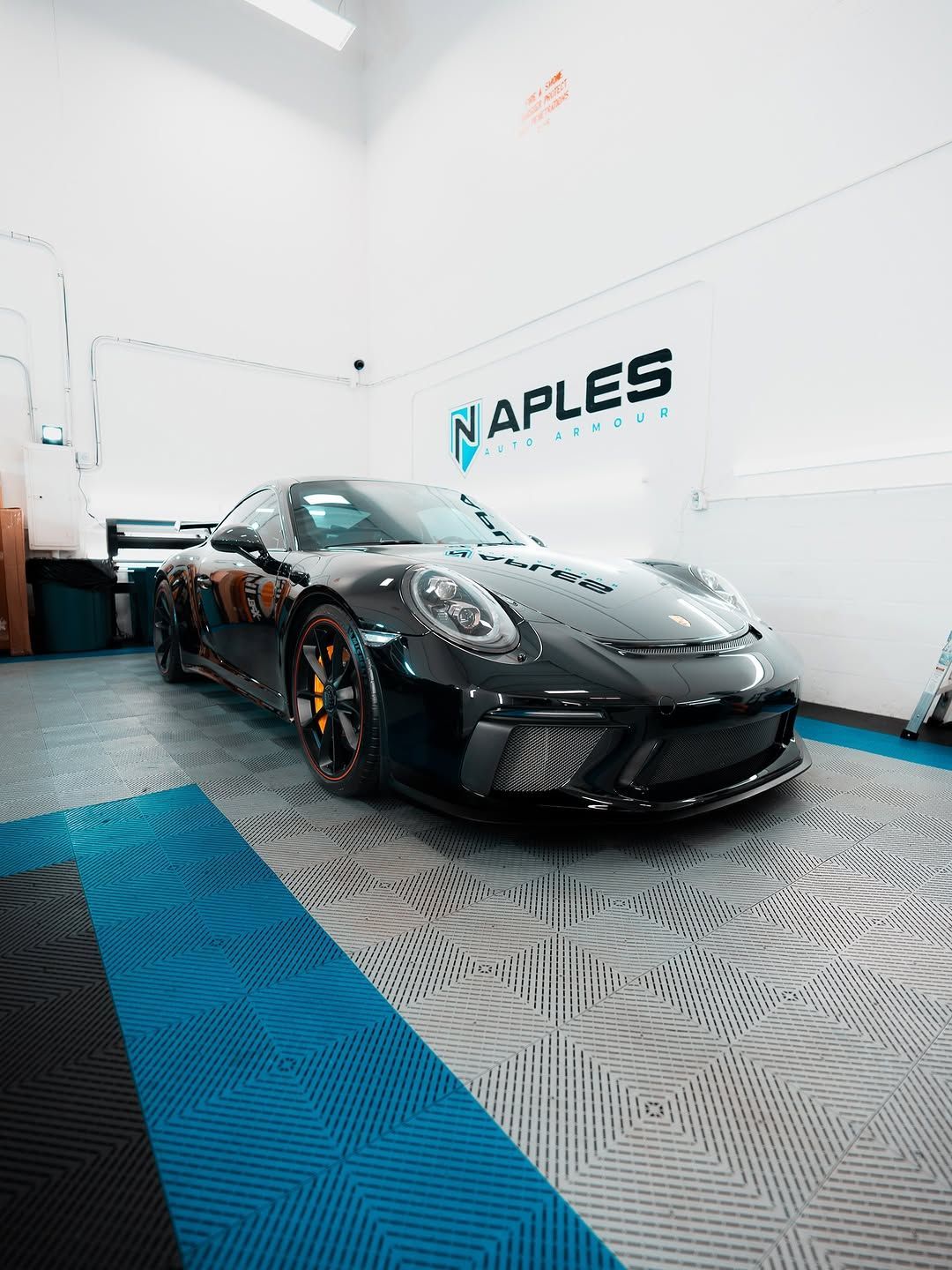
The Reality of Application and Professional Installation
Some car owners believe ceramic coating is an easy DIY project. While there are over-the-counter kits available, achieving professional-grade results requires much more than wiping on a product. True ceramic coating application involves careful surface preparation, precise layering, and controlled curing conditions—steps that are often missed in DIY attempts.
At Naples Auto Armour, we see the difference professional application makes every day. Our team uses advanced tools and meticulously prepares each vehicle by washing, decontaminating, polishing, and inspecting every inch of the surface before applying the coating. This preparation ensures maximum adhesion and a flawless finish.
Even new vehicles require preparation before coating. Many people assume that brand-new cars come ready for coating, but factory paint can still contain imperfections, dust, or transport contaminants that interfere with bonding. A professional detailer will address these issues, ensuring the coating bonds properly and delivers optimal protection.
Key Considerations for Surface Preparation
Proper surface preparation determines how well a ceramic coating performs over time. The process begins with a thorough wash to remove dirt, oils, and road grime. Next, decontamination with iron removers or clay bars extracts embedded particles invisible to the naked eye. This step is crucial for achieving a clean, smooth surface.
After decontamination, polishing removes swirl marks or light scratches, enhancing the paint’s clarity and gloss. Finally, a detailed inspection ensures the surface is completely clean and free of residues before application. Skipping or rushing these steps can significantly reduce the coating’s lifespan and performance.
Professional installation ensures each step is completed with precision, resulting in a smooth, durable, and high-gloss finish that outperforms any DIY approach.
Ceramic Coating vs. Wax and Paint Sealant
When comparing ceramic coating to traditional waxes or paint sealants, the differences are clear. Wax provides a beautiful shine but offers only a few weeks of protection before it needs reapplication. Paint sealants last longer—typically up to six months—but still can’t compete with the multi-year protection of ceramic coatings.
Ceramic coatings provide a tougher, more durable barrier against UV rays, oxidation, and light scratches. They also maintain their hydrophobic and glossy appearance much longer than wax or sealant. This longevity means you spend less time maintaining your vehicle and more time enjoying how great it looks.
For busy drivers in Naples, Fort Myers, or Marco Island, ceramic coatings are a practical investment that simplifies car care in Florida’s challenging weather conditions. Instead of frequent waxing or sealing, a well-maintained ceramic coating provides years of reliable protection.
Why Choose Naples Auto Armour
At Naples Auto Armour, we specialize in precision ceramic coating installation with attention to every detail. What sets us apart is our commitment to seamless application—wrapping and tucking all edges wherever possible to create an invisible, flawless finish. This attention to craftsmanship ensures the coating not only looks beautiful but performs exceptionally well.
We also use only top-tier ceramic coatings formulated for Florida’s climate. Combined with our advanced surface preparation process and experienced technicians, our coatings deliver long-term protection, unmatched gloss, and easy maintenance.
Whether you’re protecting a daily driver, luxury sports car, or family SUV, our goal is to help your vehicle look its best and stay protected against the harsh Florida environment.
Ceramic coatings aren’t a magic shield, but they are one of the most effective ways to protect and enhance your vehicle’s finish. Understanding the myths and truths about these coatings helps you set realistic expectations and make the most of your investment.
They resist UV rays, repel water, make washing easier, and preserve your vehicle’s showroom shine for years when properly maintained. But they still require care, regular inspections, and professional installation for the best results.
If you’re ready to experience the difference of a professional ceramic coating in Naples, Marco Island, or Fort Myers, contact
Naples Auto Armour today or call (239) 378-2336. Our expert team will help you protect your vehicle with a seamless, high-performance coating designed to withstand Florida’s toughest conditions.
Naples Auto Armor Blog
